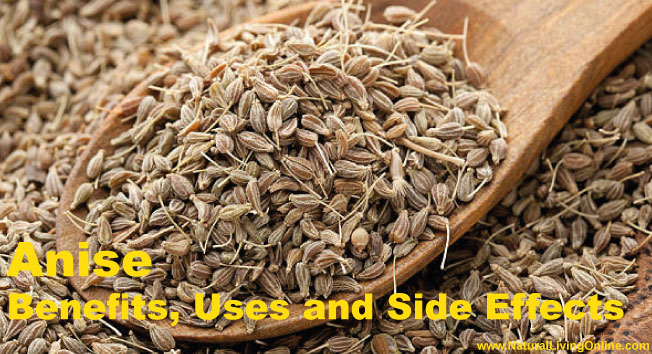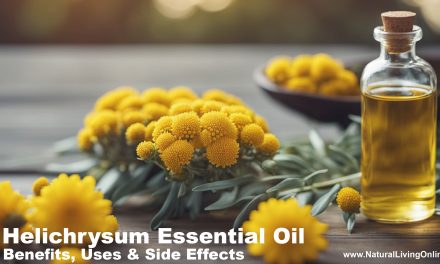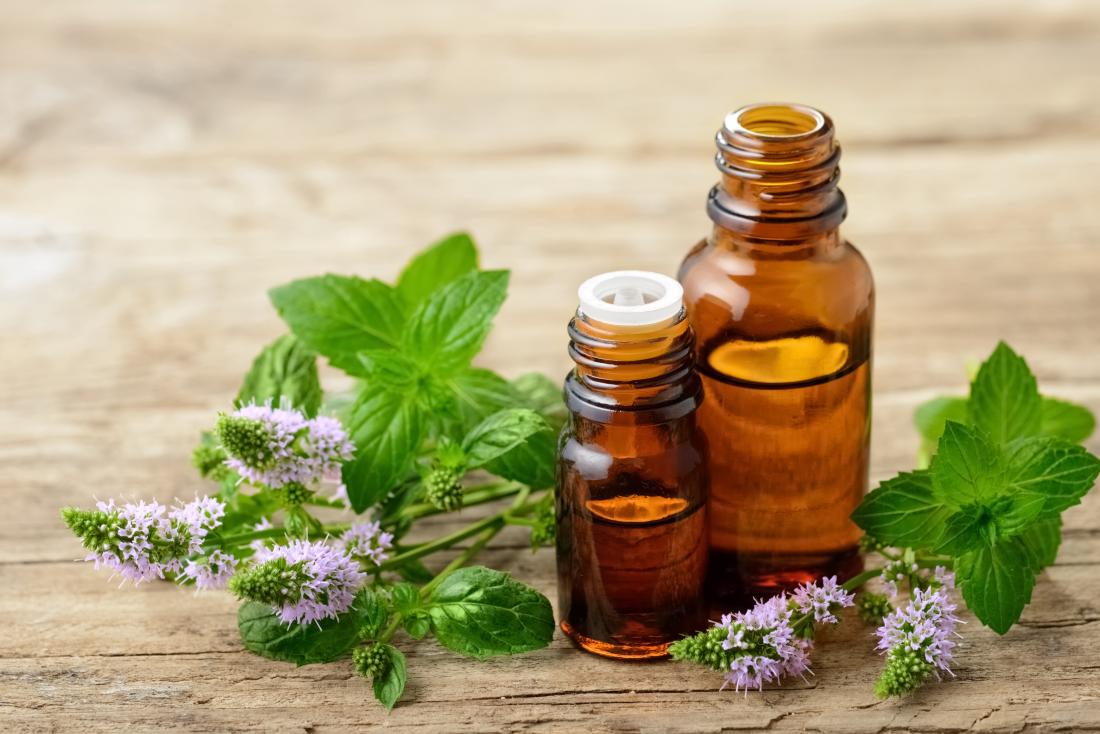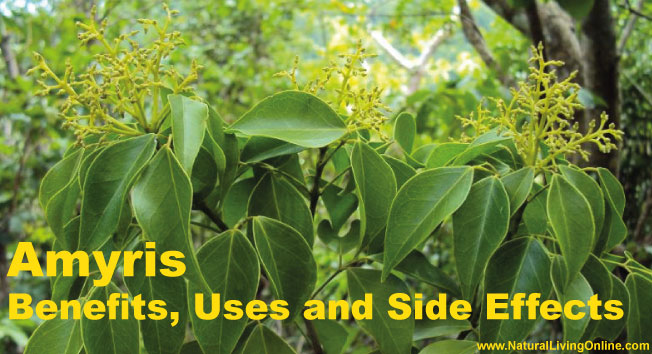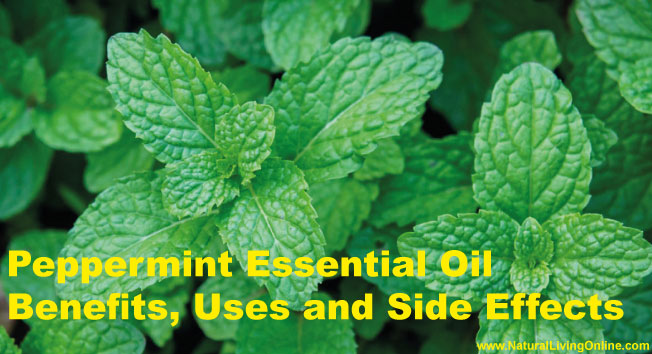Anise essential oil is a powerful plant extract that has many benefits for the mind, body and spirit. It has been used for centuries in traditional medicine to treat a variety of conditions. Anise oil is extracted from the anise plant, a flowering herb in the parsley family. The oil has a sweet, licorice-like smell and is colorless or pale yellow. It is widely used in aromatherapy and can be found in many commercial products such as mouthwash, toothpaste and candy.
What is Anise?
Anise is a flowering herb in the parsley family. The oil has a sweet, licorice-like smell and is colorless or pale yellow. It is widely used in aromatherapy and can be found in many commercial products such as mouthwash, toothpaste and candy.
How many different types of Anise essential oils are there?
There are three different types of Anise essential oils: star anise, fennel, and anise seed.
How Anise essential oil is made?
Anise essential oil is extracted from the anise plant through a process of steam distillation.
What is the botanical name of Anise?
The botanical name for Anise is Illicium verum.
What is the chemical composition of Anise essential oil?
The chemical composition of Anise essential oil is made up of anethole, estragole, and methyl chavicol.
What are the benefits of using Anise essential oil?
Some of the benefits of using Anise essential oil include: reducing anxiety and stress, relieving pain, boosting energy levels, aiding in digestion, and improving circulation.
What are ways to use Anise essential oil?
Anise essential oil can be used in a diffuser or diluted with a carrier oil and applied topically. It can also be added to bathwater or used in a massage blend.
How can I use Anise essential oil internally?
Anise essential oil should not be taken internally without the guidance of a healthcare professional.
How can I use Anise essential oil topically?
Anise essential oil can be diluted with a carrier oil and applied to the skin. It can also be added to lotions, creams, or bath products.
Anise oil diffuser recipes:
Add two drops of Anise essential oil and two drops of Orange essential oil to your diffuser for a sweet, uplifting scent.
For a grounding blend, mix three drops each of Anise, Frankincense, and Patchouli oils in your diffuser.
To boost energy levels, combine three drops each of Anise and Peppermint oils in your diffuser.
How can I use Anise essential oil in a bath?
Add a few drops of Anise essential oil to your bathtub for a relaxing, stress-relieving soak.
How has Anise essential oil been used historically?
Anise has been used for centuries in traditional medicine to treat a variety of conditions. It was also used as an ingredient in ancient perfumes and cosmetics.
What blends well with Anise essential oil?
Some oils that blend well with Anise include: Bergamot, Cedarwood, Chamomile, Clary Sage, Coriander, Dill, Fennel, Ginger, Lavender, Lemon, Myrrh, Nutmeg, Orange, Peppermint, Rosemary, Sandalwood, and Thyme.
What does not blend well with Anise essential oil?
Anise should not be blended with Citrus oils as they can cause photosensitivity.
What are the side effects of using Anise essential oil?
When used topically, Anise may cause skin irritation in some people. It is also important to avoid using Anise oil if you are pregnant or breastfeeding. If you have any medical conditions, please consult your healthcare provider before using Anise essential oil.
What does Anise essential oil smell like?
Anise has a sweet, licorice-like scent that is both refreshing and uplifting.
Can I make Anise Essential Oil at home?
You can make Anise essential oil at home by steam distilling the anise plant.
Is Anise Essential Oil safe for kids?
Anise Essential Oil is considered safe for children when used topically and diluted properly. Please consult a healthcare professional if you have any concerns.
Can Anise Essential Oil be used on pets?
Anise Essential Oil is generally considered safe for use around pets. However, as with any essential oil, it is always best to consult a veterinarian before using it on your pet.
Conclusion:
Anise essential oil has a sweet, licorice-like scent and is known to provide many benefits when used in aromatherapy. It can be found in many commercial products such as mouthwashes, toothpastes, and soaps. Anise essential oil is considered safe for most people when used properly. However, it is always best to consult a healthcare professional before using any essential oil.
This website does not provide medical advice.
All information provided on this website, and on associated social media networks, including but not limited to texts, images, and numbers are for general information purpose only. It is not intended as medical advice and it does not include all possible precautions, side effects, or interactions that may occur. Neither NaturalLivingOnline.com nor its author/founder take responsibility for how you use this information. Statements contained on NaturalLivingOnline.com have not been evaluated by the FDA. You should conduct thorough research via multiple sources and consult your physician or qualified doctor before using any essential oil or herbal remedy. Information on NaturalLivingOnline.com must not be relied upon for medical, legal, financial or other decisions.

